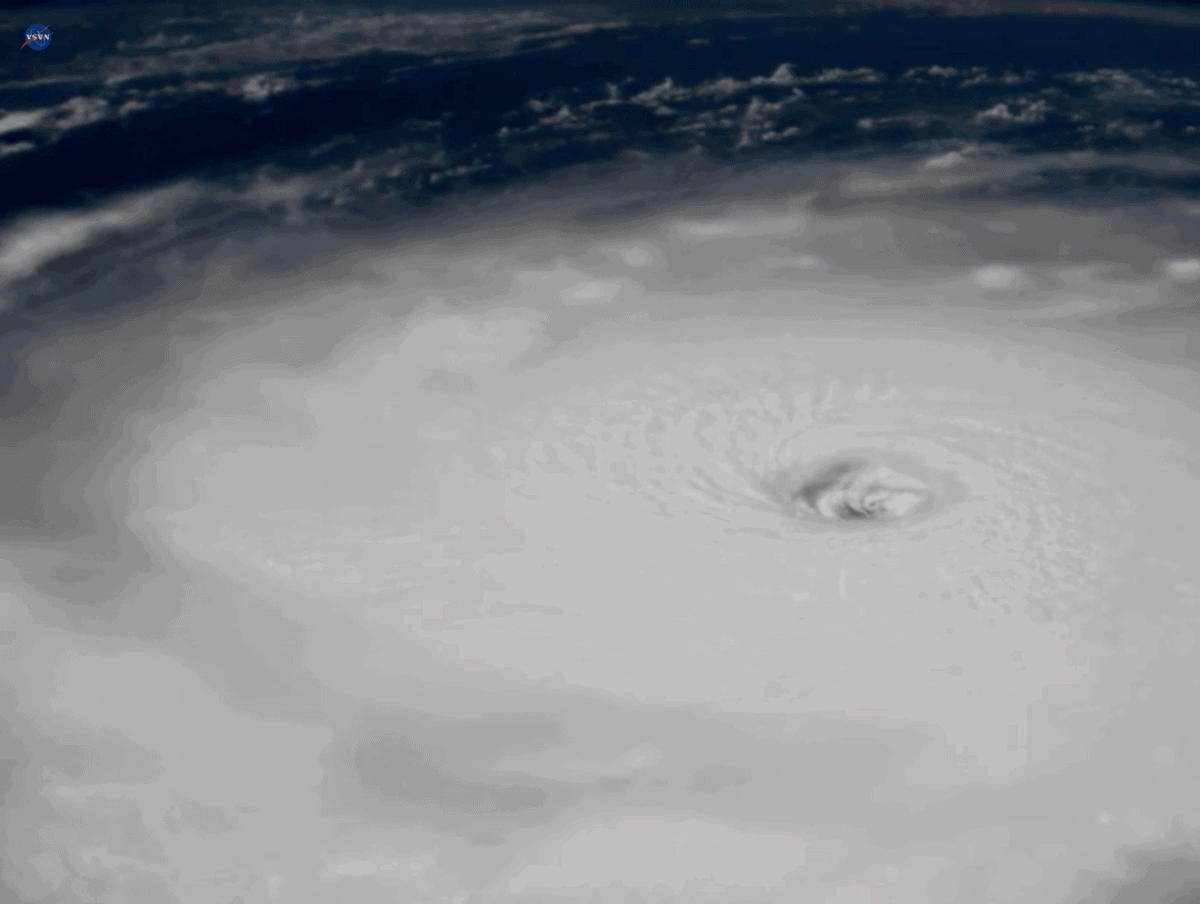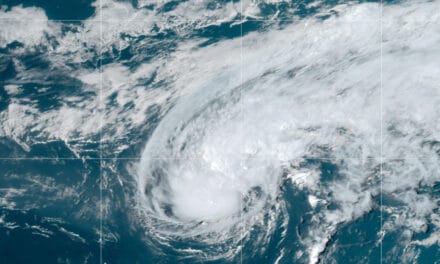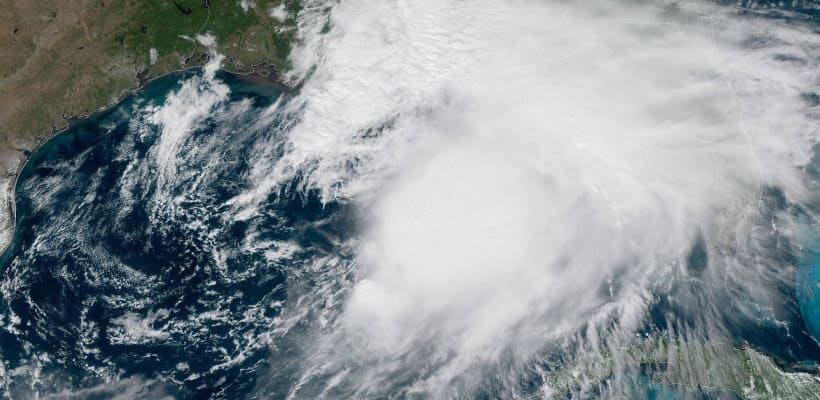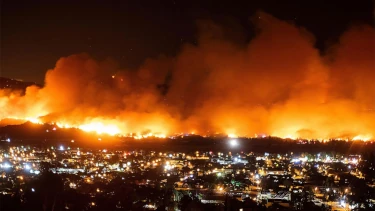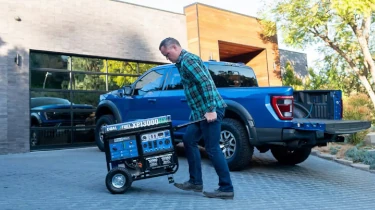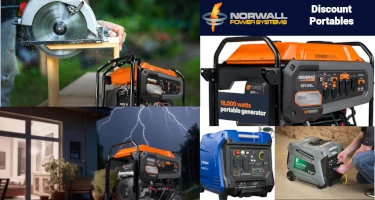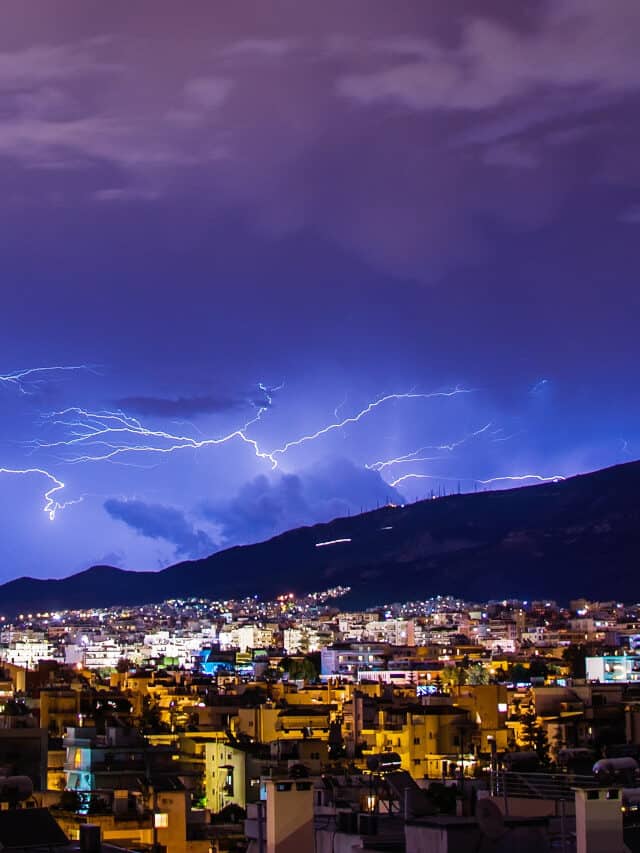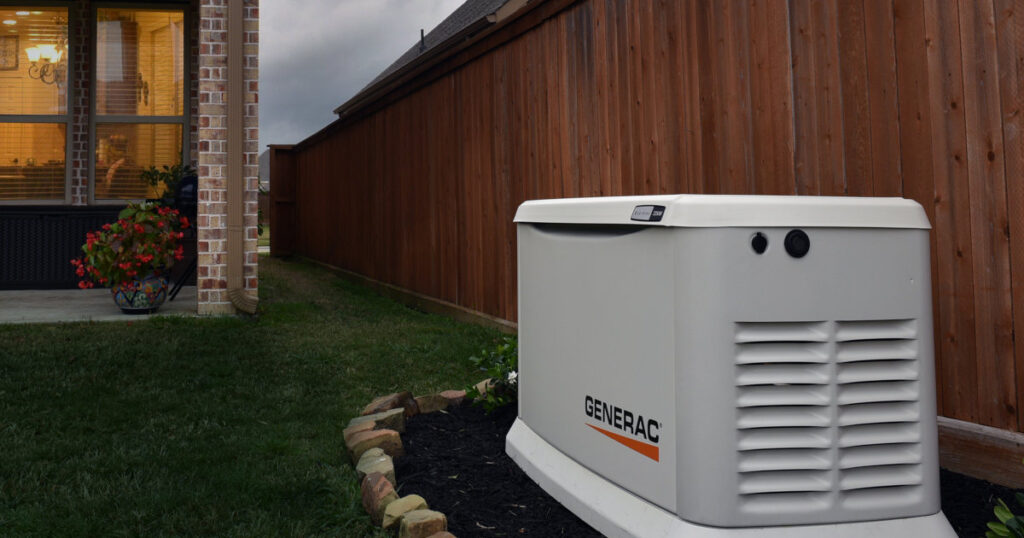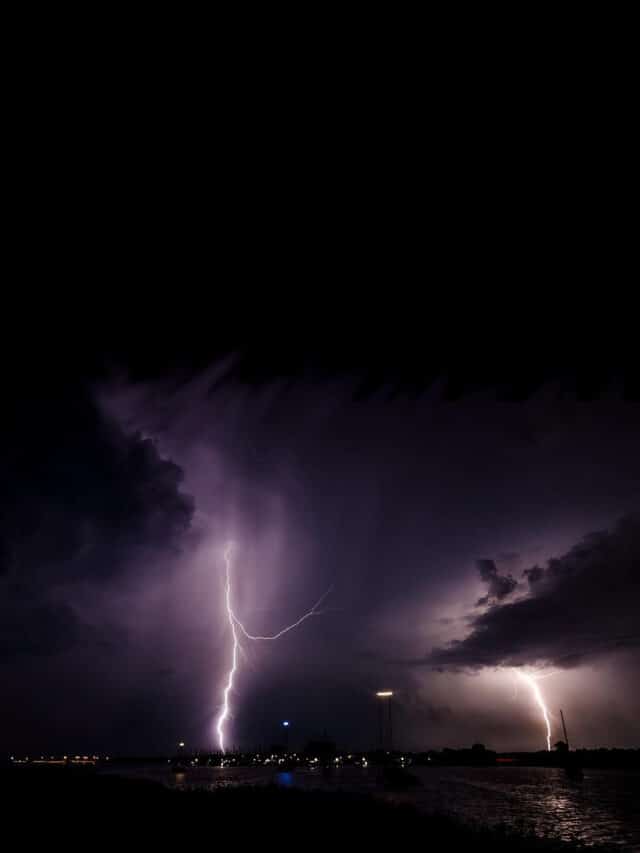Whether You Evacuate or Stay Home–Preparation and Planning is the Key to Surviving
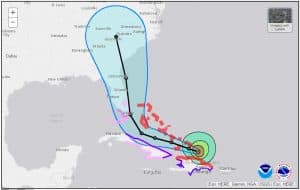
Hurricane Irma is headed for Florida, East Coast with Devastating winds, storm surge, and flooding.
Hurricane Irma is headed for Florida as a potentially catastrophic Category 5 Hurricane. Peak sustained winds have topped 185 MPH with 225 MPH gusts. Small islands in the path of Irma have been devastated. The storm will reach Florida as a strong Category 4 or Category 5 Major Hurricane. Irma brings hazards in the form of a life-threatening storm surge up to six feet above normal sea levels, torrential rain, possible tornadoes, flooding, and extreme winds.
Links in the tips below have Information that is updated as it becomes available. Stay up to date and bookmark these websites on your smartphone, laptop, or tablet for quick, easy reference.
Survival Tip #1 – Heed Evacuation Orders
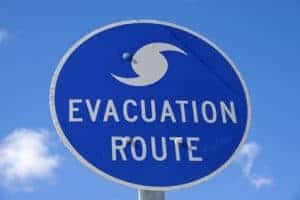
Follow Evacuation Route Signs. Listen to Local Officials
If your zone is ordered to evacuate. Complete your preparations and leave. Storm surge moves surprisingly fast and floods a home in just minutes, especially in low-lying coastal regions. Even if Irma only strikes a glancing blow to the east-coast side of the Florida Peninsula, the storm will affect most of the Florida Keys and the Florida Peninsula. Storm Surge Watches are in effect and are expected to spread north.
Evacuation Orders via FloridaDisaster.org
Hurricane Irma Storm Surge Map
Survival Tip #2 – Make Wise Decisions

Choosing to Evacuate or Stay in Your Home May Become a Life or Death Decision
No one wants to leave their home, but even if you’re not given the order to evacuate, it may be poor choice to stay. Ask yourself these important survival questions. Are you prepared? Do you have a supply of drinking water (7 gallons per person,) non-perishable food (7 days,) and a disaster kit of essential emergency items? Is your home capable of withstanding hurricane winds up to 175 MPH or higher? Are you prepared to board it up to make it safe?
As Governor Scott said, “We can rebuild your home, but we can’t rebuild your life.”
Remember that once the storm arrives, calls for help will overwhelm emergency responders. Expect a very slow response to requests for medical assistance or other emergency services. Damage from the storm may make it impossible for responders to reach you for more than day or even two.
Survival Tip #3 – Prepare Your Shelter
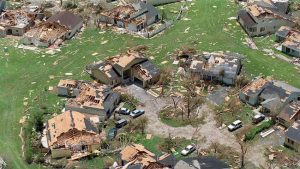
Is your home reinforced and ready to sustain a direct hit from a category 5 hurricane?
You were not ordered to evacuate and don’t anticipate that your zone will be given the order to evacuate. If you’ve prepared with everything you need and decide to stay, it’s time to put your hurricane emergency plan into action. Board up your house by covering all doors and windows with plywood anchored to the house frame with screws. When the storm arrives, brace your emergency exit door to prevent the wind from blowing it in. Don’t forget patio doors or garage doors. Loss of windows or doors means you will probably lose your roof.
Build an Emergency Disaster Survival Kit
Move all your emergency supplies including food, water, and bedding to an interior room without doors, windows, or outside walls.
Survival Tip #4 – Stay Informed
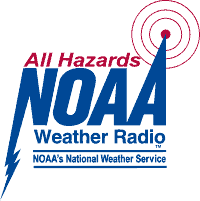
An NOAA Weather Radio Keeps you Informed of Emergency Weather and other Alerts
It’s important to stay up to date on information from local news, local government offices, and the National Hurricane Center. Keep your cell phones charged and have at least two spare batteries fully charged. If something happens to one, you have the other. Remember that power outages will last for days or even weeks depending on the damage. Use your phones sparingly and turn them off when not in use.
Hurricane Irma Forecast Discussion
Locate town, county, and state agency websites for local information regarding the disaster. Bookmark those sites on your smart phone for easy access.
Don’t forget, smart phones have access to emergency alerts. Make sure your phone has alerts enabled and not turned off.
Survival Tip #5 – Communicate

Facebook allows users to mark themselves safe during disasters. Only Family and Friends see the notification, keeping your location secure.
Few things are more frustrating or cause more worry during a disaster than not knowing the status of loved ones. Have a plan to contact family and friends to let them know you are safe. When service is spotty at best, a single point of contact—out of state is preferable— who has the names and phone numbers of those you want to notify is far easier than trying to contact everyone yourself while you deal with the aftermath of the storm.
Good to Know – Cellular Text Messages are easier to send than making voice calls when cell towers are overwhelmed with traffic.
Survival Tip #6 – Stay Inside
 Don’t go outside during the storm. Leave the heroic selfies to Weather Channel Meteorologists and News Network Reporters. Hurricane winds can carry large objects at deadly speed and even small objects become missiles of death. You won’t see it coming until it’s too late and have suffered a life-threatening injury.
Don’t go outside during the storm. Leave the heroic selfies to Weather Channel Meteorologists and News Network Reporters. Hurricane winds can carry large objects at deadly speed and even small objects become missiles of death. You won’t see it coming until it’s too late and have suffered a life-threatening injury.
If you really need video or pictures of the storm, mount a cam outside and record video or take pictures.
Survival Tip #7 – Emergency Power
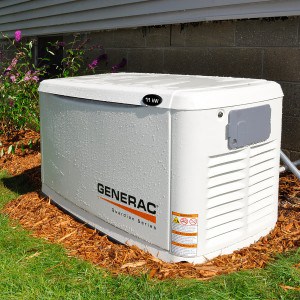
A Standby Generator keeps food fresh, sump pumps working, charges phones and runs the air conditioner and television.
According to the Federal Emergency Management Agency (FEMA,) A backup generator is an essential part of a home emergency plan. Standby generators for home use are best. They turn on automatically (no need to go outside) the moment the power goes out and keep running for as long as you need them. You don’t have to refuel and they only need maintenance once a week. Some have longer service intervals. If you don’t have an automatic standby generator, portable generators are the next best thing, but stock a supply of fuel ahead of time and use it sparingly.
Never Operate Portable Generators Indoors
Backfeeding with a Portable Generator is Dangerous
Backup Generators can keep the refrigerator and freezer running, power the sump pump, keep your cell phone charged, and give you access to the news via television so you can watch the meteorologist standing on the beach and not go outside yourself.
Survival Tip #8 – Don’t Go Through the Water
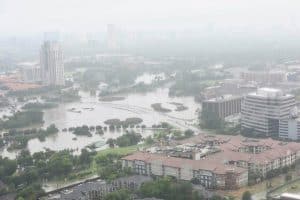
Dangerous Flood Waters Carry Unseen Hazards
Flood waters are a hazard in so many ways, not the least being pollution in the form of sewage, human waste, and chemicals. Water moving over a road can change depth suddenly and overwhelm your car. It only takes about 12 inches of moving water to drag you off the road and into deeper water. Fast-moving flood water under a bridge can undermine the foundation and allow the bridge to collapse while your vehicle is on it. Water can hide other hazards such as sink holes or eroded pavement or live electrical wires.
Tip #2 advised making wise decisions. A good decision is to stay out the water with your person and your vehicle. Don’t leave a vehicle to enter moving water. Don’t take a vehicle or walk into moving water. As the National Weather Service advises, “Turn Around – Don’t Drown”
Survival Tip #9 – Returning After the Storm
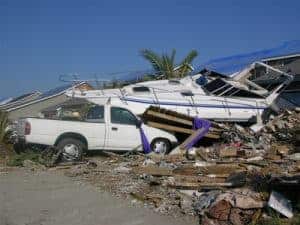
Debris Pile After Hurricane Katrina
Whether you evacuated or stayed at home, there are many hazards that exist after the storm has passed. Don’t venture out and away from your home until local officials give the all clear. Likewise, if you evacuated, allow officials to determine when it is safe for you to return.
Electrical hazards, flood waters, gas leaks, and unstable roads are just the beginning. If your home sustained substantial damage, going inside might be dangerous. Be prepared with a dust mask when you do return to protect yourself from hazardous materials, dust, and mold. Wear protective clothing including boots and gloves.
Survival Tip #10 – Assessing the Damage
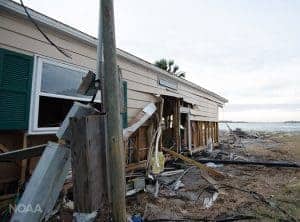
A Florida Home Damaged During Hurricane Matthew
When it is safe to go outside—after tropical storm force winds have subsided—take pictures of everything that was damaged. Structural damage to walls, siding, or roofs. Look at vehicles and if the water level was higher than the bottom of the door, document that with pictures. Note any flood damage.
Take steps to prevent further damage. Insurance will cover damage from the storm, but may not cover subsequent damage that occurred after the storm. Cover openings in roofs with tarps. Cover windows that didn’t survive.
After a disaster, scam artists and con artists flood the area looking for victims and hope to capitalize by taking advantage of desperate people. Beware of contractors from out of state. Don’t sign anything you don’t understand or anything with blank spaces. Ask to see licenses and insurance and don’t be persuaded by anyone without them.
Beware of cold callers trained in high pressure sales tactics. If you’re not comfortable, just hang up.
Within a day or two, emergency responders should arrive with supplies. Don’t spend precious resources by paying outrageous prices for food or water.
—
Hurricane Irma is coming and she’s not knocking politely. Review your emergency plan. Make good decisions to keep your family safe. Don’t risk your family if you’re not prepared. If you’re not ready or were ordered to evacuate. Leave as soon as possible before the storm arrives.
Getting Started – A Tutorial for Homeowners

